Friendships are critical for kids’ development, but sometimes it can be hard as a parent to help your child navigate friendships. Your role will also change as your child grows up. There are a few things we know that apply to kids of all ages.
- Know your child’s friends! Involved parents help protect their children from a number of risky behaviors.
- Invite friends over so that you can meet them.
- When possible, meet friends’ parents.
- Talk to your child often and without being judgmental or trying to “problem solve” too quickly. This will make it more likely that your child will confide in you if there is a problem in a friendship so that you can provide support when needed.
How involved should I be in choosing my child’s friends?
This depends on the child’s age. When children are younger, you can have more influence by choosing who is invited for play dates, encouraging your child to be friends with certain children, or guiding them away from children with whom you feel less comfortable.
However, for children of many ages, and certainly for older children, they need to be able to make decisions and not have friendships forced upon them. If a child does not want to be friends with another child, ensure that they are nice and polite, but don’t force a friendship where it doesn’t exist.
What if I don’t like my child’s friends?
If you aren’t comfortable with the friends your child has chosen, have a conversation with them about which behaviors of their friends concern them. Talk to them about why you would rather them not associate as much with those friends. It is your right as a parent not to allow your child to spend unsupervised time with a peer with whom you are uncomfortable. An alternative may be making sure any time together is closely supervised.
What if my child has trouble making friends?
Many kids have difficulty making friends. The reasons for this difficulty vary from poor social skills to shyness to having unique interests.
- Have your child practice with you how to approach another child to engage with them.
- Set up play dates where you are present in order to help guide and model for your child how to interact with others.
- Encourage developing new, age-appropriate interests in order to make connections with peers.
- Enroll your child in a group activity (like a sport or class) to encourage structured interaction with peers.
- Social skills groups are a great way to build social skills and confidence.
- Seek professional help for your child’s anxiety or shyness if it is impairing his/her ability to make friends or if he/she is distressed by the anxiety.
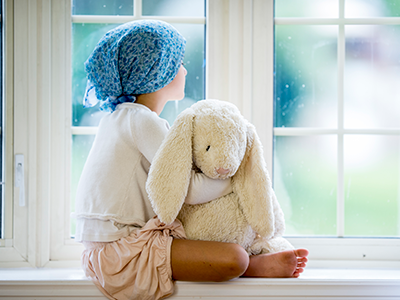 https://riseandshine.childrensnational.org/wp-content/uploads/2018/08/girl-with-stuffed-rabbit-looking-out-window-feature.png
300
400
Rise and Shine
https://riseandshine.childrensnational.org/wp-content/uploads/2017/11/childrens_riseandshine_logo.jpg
Rise and Shine2024-09-23 07:00:292025-09-02 14:26:41When your child’s friend has cancer
https://riseandshine.childrensnational.org/wp-content/uploads/2018/08/girl-with-stuffed-rabbit-looking-out-window-feature.png
300
400
Rise and Shine
https://riseandshine.childrensnational.org/wp-content/uploads/2017/11/childrens_riseandshine_logo.jpg
Rise and Shine2024-09-23 07:00:292025-09-02 14:26:41When your child’s friend has cancer




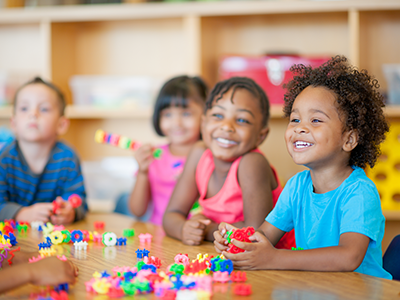


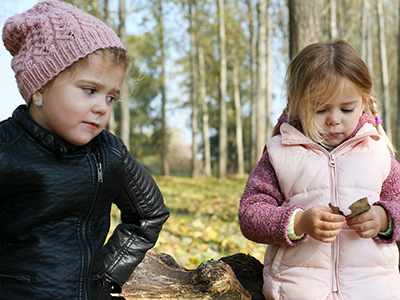
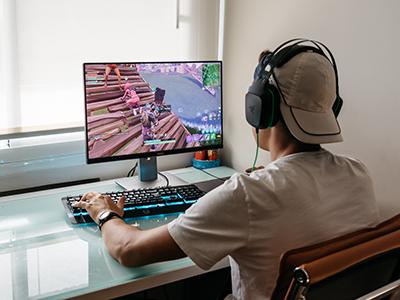
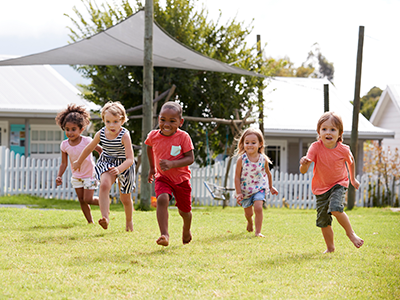



Leave a Comment
Want to join the discussion?Feel free to contribute!